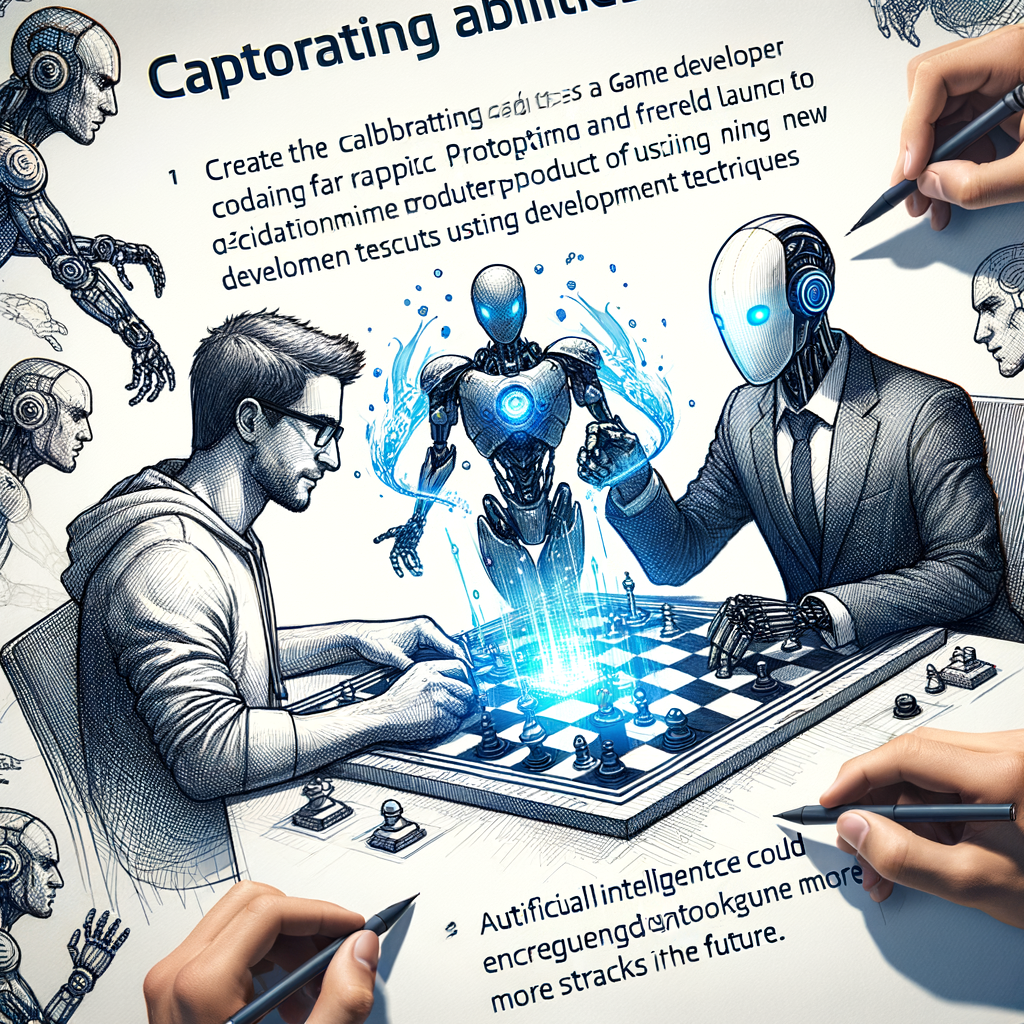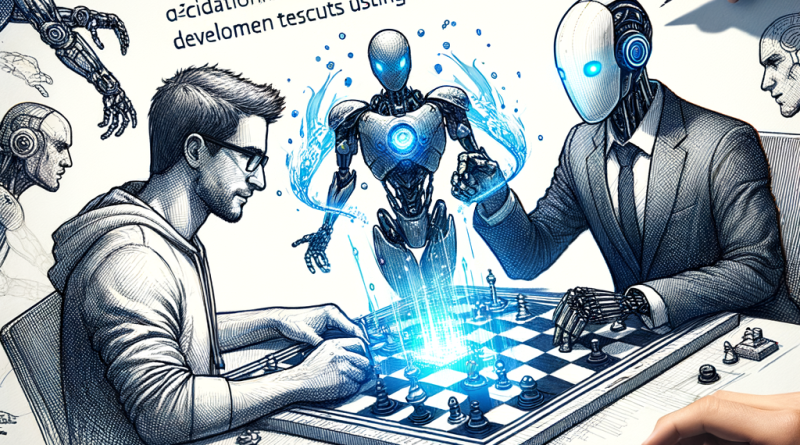**”Claude 3.7: AI Levels Up in Gaming and Development”**

“`html
Claude 3.7: AI’s Leap into Gaming and Beyond
The world of artificial intelligence is ever-evolving, and Claude 3.7 is the latest testament to how far AI has come. With remarkable improvements in reasoning and strategy, this AI model is making waves—not just in tech development but also in the gaming world. Let’s dive into some fascinating advancements and what they mean for the future.
AI Playing Pokémon: From Failure to Triumph
Imagine watching an AI attempt to play a classic Game Boy game like Pokémon Red. That’s exactly what Anthropic researchers tested for over a year. Early models, like Claude 3.5, struggled to leave Pallet Town, often getting stuck in corners. At one amusing moment, the AI became so confused that it typed a formal request to reset the game.
Things changed with Claude 3.7. This improved model has already defeated three gym leaders and even named its in-game rival “WACLAUD” (a playful nod to Wario but for Claude). This version of Claude benefits from extended thinking capabilities, allowing it to plan ahead, remember objectives, and adapt when strategies fail—key attributes not just for game battles, but real-world problem-solving as well.
Game-Changer for Developers
Claude 3.7 isn’t just playing old-school games—it’s shaking up the developer community with its “hybrid reasoning” capabilities. With a single prompt, developers are generating:
- Fully functional websites
- Interactive web applications
- 3D models
- Even entire mini-games
This capability significantly shortens development cycles, enabling rapid prototyping and launching digital products in record time.
The Rise of “Vibe Coding”
The success of Claude 3.7 also highlights the emergence of “vibe coding”—an approach where developers collaborate with AI instead of writing code manually. Rather than traditional debugging, the process involves running AI-generated code, identifying issues, and iterating based on suggestions.
As AI capabilities continue to push the boundaries, “vibe coding” could become the new norm, making software development more intuitive and accessible to a broader range of creators.
Challenges and Opportunities
Despite its progress, Claude 3.7 is not without limitations. For instance, it still struggles with updating project knowledge mid-game, which occasionally stalls its learning curve. However, these challenges also present opportunities for future improvements, setting the stage for even more powerful AI models.
Final Thoughts
Claude 3.7 represents a major step forward in AI innovation—enhancing gaming, revolutionizing development, and hinting at the broader implications for automated reasoning skills. Could future iterations of AI soon handle more complex strategic tasks beyond gaming? Only time will tell, but one thing is clear: the AI revolution is far from over.
Hashtags
#ArtificialIntelligence #Claude3 #AIGaming #MachineLearning #GameAI #FutureOfTech #VibeCoding
“`
